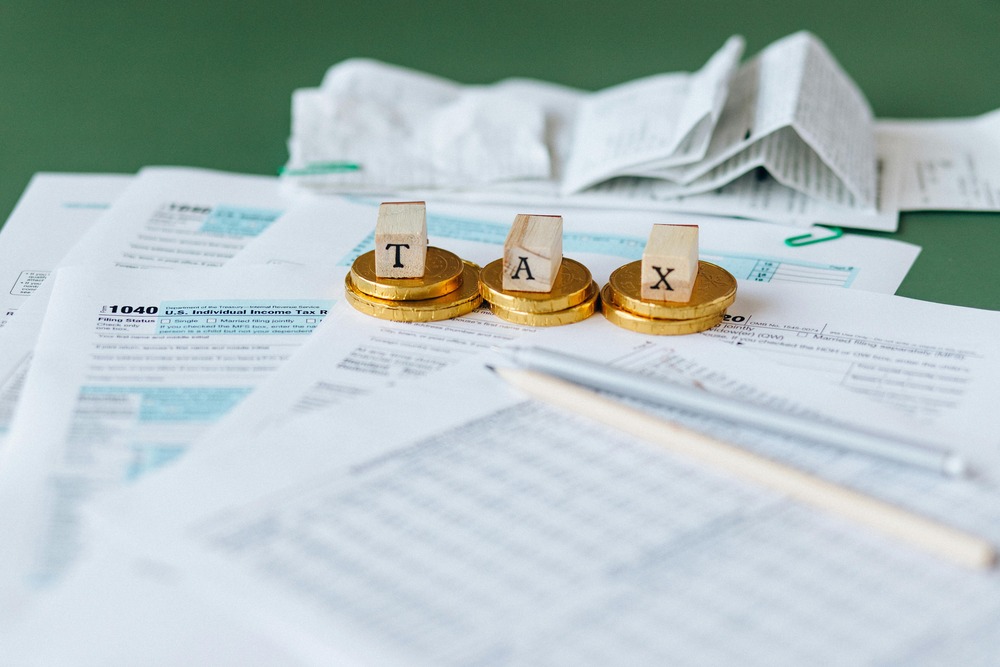Thailand’s Cabinet has ignited excitement in the crypto world by approving tax exemption on personal income tax for profits from digital asset sales. The announcement was made today by Deputy Finance Minister Chulaphan Amornvivat, who specified that the exemption will be in effect from January 1, 2025, to December 31, 2029.
Why Thailand Softened Stance for 5 Years
The decision stems from Thailand’s ambition to boost its digital economy amid slow growth in traditional sectors, such as tourism and exports. With 20% of local users owning cryptocurrencies—the highest percentage globally, according to the 2022 Digital Global Overview Report—the government views digital assets as a key driver of innovation.
By removing tax barriers, Thailand aims to attract global blockchain firms, increase crypto trading, and stimulate domestic consumption. In January, the SEC considered expanding its approval of Bitcoin ETFs to include retail investors and institutions. Currently, only institutional investors and high-net-worth individuals are allowed to invest in Bitcoin ETFs through private funds.
The Ministry of Finance predicts this could generate over $30.86 million in medium-term tax revenue through increased economic activity. The five-year timeframe ensures long-term planning for investors, while oversight by the Securities and Exchange Commission (SEC) guarantees transparency and security.
This move builds on earlier tax relief, like the 2024 VAT exemption on crypto trades, signaling Thailand’s commitment to fostering a crypto-friendly environment.
Thai’s Crypto Regulatory Mixed Bag
Thailand’s regulatory stance has been reportedly progressive yet cautious. Since the 2018 Royal Decree on Digital Assets, the SEC has enforced licensing for exchanges, brokers, and dealers, ensuring compliance with anti-money laundering (AML) and cybersecurity standards. This clarity has drawn major players, such as Binance, which launched Binance Thailand in 2024.
However, strict rules, such as the 2022 ban on crypto payments for goods and services, have raised concerns about financial stability, creating hurdles for some firms. Despite this, tax incentives such as the 2024 investment token exemption and the new capital gains waiver have made Thailand an attractive destination for investment firms, striking a balance between innovation and investor protection.
Thailand’s tax exemption is a significant step toward establishing itself as a global crypto powerhouse. With plans to expand its Digital Asset Regulatory Sandbox and explore blockchain in sectors such as supply chain and finance, Thailand is poised to lead the digital economy.
Find Cryptocurrencies to Watch and Read Crypto News on the Go Follow CryptosToWatch on X (Twitter) Now

